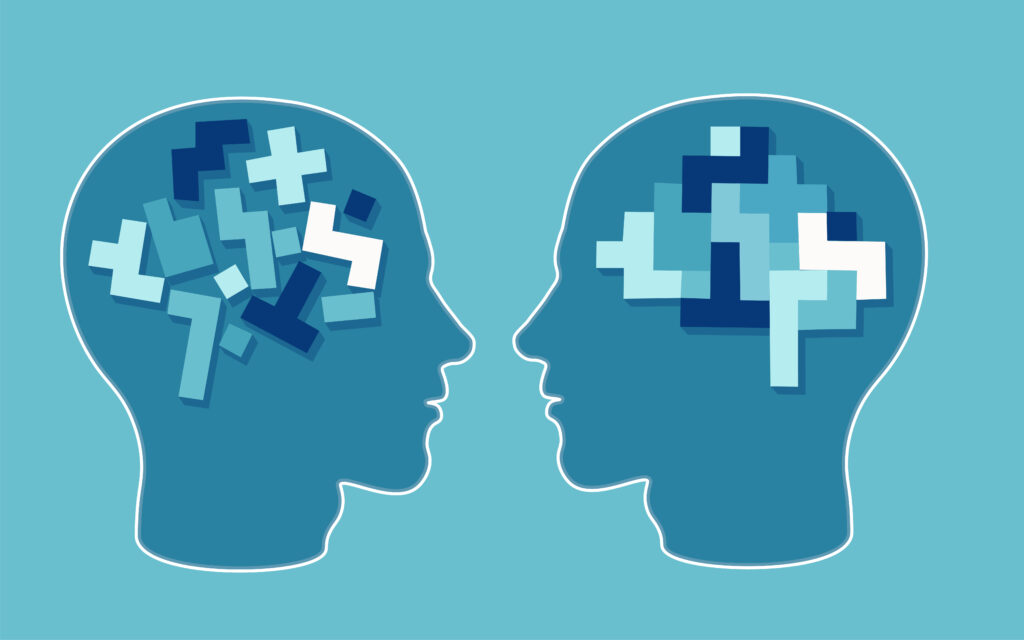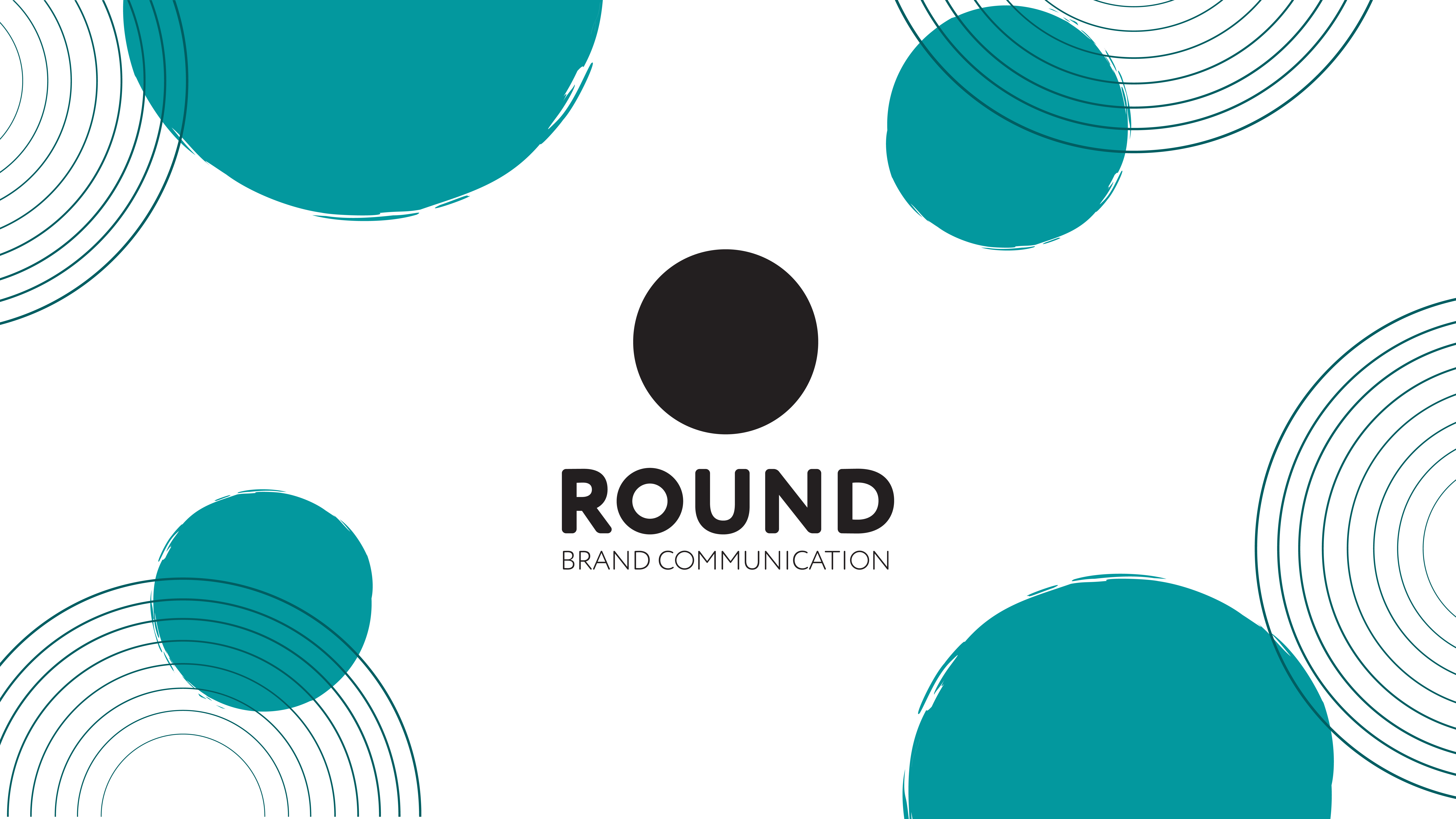The Power of Perception: How Psychology Influences Effective Logo Design

Brand logos are more than just images or symbols. They can influence a company’s perception, evoke emotions, and communicate values. Branding relies on more than just aesthetic appeal when it comes to logo design and when utilised correctly a well-designed logo can be a powerful tool.
Why are logos important?
Brand logos are important for several reasons:
· Brand recognition
· Brand identity
· Professionalism
· Marketing and advertising
· Brand loyalty
· Differentiation
· Credibility
The psychology of logo design:
In this blog post, we’ll explore the psychology behind effective logo design and how understanding these principles can help you create a logo that resonates with your target audience.
Here are some psychological factors that are important to consider when designing a logo:
· Cognitive Fluency: Cognitive fluency refers to the ease with which our brains process information. A simple and easy-to-remember logo can help customers recall the brand more easily. It’s essential to focus on clean lines, minimalism, and clarity when designing a logo.
· Colour Theory: Colours can dramatically affect a brand’s perception. In general, red symbolises energy, passion, and excitement, while blue is associated with trust, professionalism, and stability. You can evoke the right emotions with the right colour.
· Shape: A logo’s shape can also affect how people feel. Logos with circular shapes can create a sense of community, while those with sharp angles can evoke a sense of strength.
· Typography: A logo’s typography can also impact its effectiveness. Choosing a font that matches your brand’s personality and values is essential to conveying your brand’s message. Bold, thick fonts may convey a sense of strength or power, while soft, rounded fonts may convey a sense of warmth or friendliness.
· Consistency: Consistency is key when it comes to logo design. Brand recognition and consumer trust can be improved by having a consistent logo across all channels, including social media, websites, and marketing materials.
Why logo psychology matters?
Logo psychology matters because it plays a critical role in the effectiveness of a logo. A logo is a visual representation of a brand, and it communicates the brand’s values, personality, and message to the audience. By understanding how psychology influences our perception of visual elements such as colour, shape, and typography, logo designers can create logos that effectively communicate the desired message and personality of the brand.
· Communicating brand message: A well-designed logo that uses colour, shape, and typography to convey the brand’s message can help build brand awareness, recognition, and loyalty among customers.
· Evoking emotional responses: Logos can evoke emotional responses in customers, such as trust, excitement, and familiarity. By using psychology to select colours and shapes, designers can create logos that resonate with customers on an emotional level.
· Creating a memorable brand identity: A logo that uses psychology to create a memorable visual identity can help customers easily recognize and remember the brand.
· Standing out from the competition: By using psychology to differentiate the brand from its competitors, designers can create logos that stand out and make a lasting impression on customers.
Creating an effective logo goes beyond creating a visually appealing design. It requires a deep understanding of the psychology behind design elements such as colour, shape, typography, and simplicity.
Here at Round we understand the power of effective branding and the role it plays in the success of a business. By working closely with our clients to understand their values, goals, and target audience, we create custom branding solutions that effectively communicate their message and personality. Our team of experienced designers use the latest research in branding and logo psychology to create logos that make a lasting impression and inspire brand loyalty.





